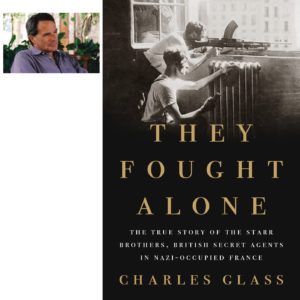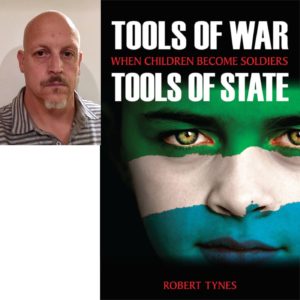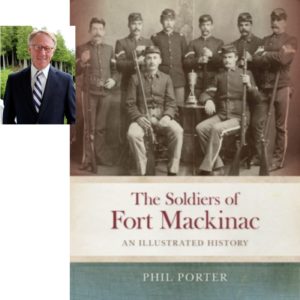Podcast: Play in new window | Download
Subscribe: RSS
 Charles Glass is a broadcaster, journalist and writer. Early in his career he worked in the ABC News Beirut bureau with Peter Jennings. He covered the October Arab-Israeli War on the Egyptian and Syrian fronts and the civil war in Lebanon. He was ABC News Chief Middle East correspondent from 1983 to 1993. He’s been a freelance writer since then covering hot spots around the world. He spoke to me about his latest book on two British spies who operated in WWII France.
Charles Glass is a broadcaster, journalist and writer. Early in his career he worked in the ABC News Beirut bureau with Peter Jennings. He covered the October Arab-Israeli War on the Egyptian and Syrian fronts and the civil war in Lebanon. He was ABC News Chief Middle East correspondent from 1983 to 1993. He’s been a freelance writer since then covering hot spots around the world. He spoke to me about his latest book on two British spies who operated in WWII France.
1:11 – Charles Glass talks about how he got into writing about special operations in WWII Europe. He started by studying Tony Brooks, an agent during WWII.
2:30 – Charles talks about the book and the Starr brothers and how they joined the British Special Operations Executive. A lot of the book is about how they evaded capture while conducting operations.
6:15 – Charles talks about his previous books about WWII.
10:04 – Charles talks about how the brothers maintained security.
11:38 – Charles talks about how French spy networks were created.
17:10 – Charles talks about how the SOE interacted with their agents in France.
19:04 – Charles talks about how the SOE was run.
30:25 – Charles talks about the inefficiencies of the hundreds of resistance groups during the war.
33:00 – De Gaulle was very tough on SOE agents after the war.
43:15 – His website is www.charlesglass.net
Links of interest
For more “Military History Inside Out” please follow me on Facebook at warscholar, on twitter at Warscholar, on youtube at warscholar1945 and on Instagram @crisalvarezswarscholar
Guests: Charles Glass
Host: Cris Alvarez
Tags: military, history, military history, conflict, war, interview, non-fiction book, Britain, France, germany, Nazis, special operations executive, SOE, occupied France, French Resistance, D-Day, Starr brothers, spies

 Robert Tynes is a former journalist and an academic who has studied African politics and the use of child soldiers by various groups. I spoke to him about his new book on the subject.
Robert Tynes is a former journalist and an academic who has studied African politics and the use of child soldiers by various groups. I spoke to him about his new book on the subject. Phil Porter is director of Mackinac State Historic Parks and has studied the Mackinac area extensively. We talk about his latest book on the soldiers of Fort Mackinac.
Phil Porter is director of Mackinac State Historic Parks and has studied the Mackinac area extensively. We talk about his latest book on the soldiers of Fort Mackinac.